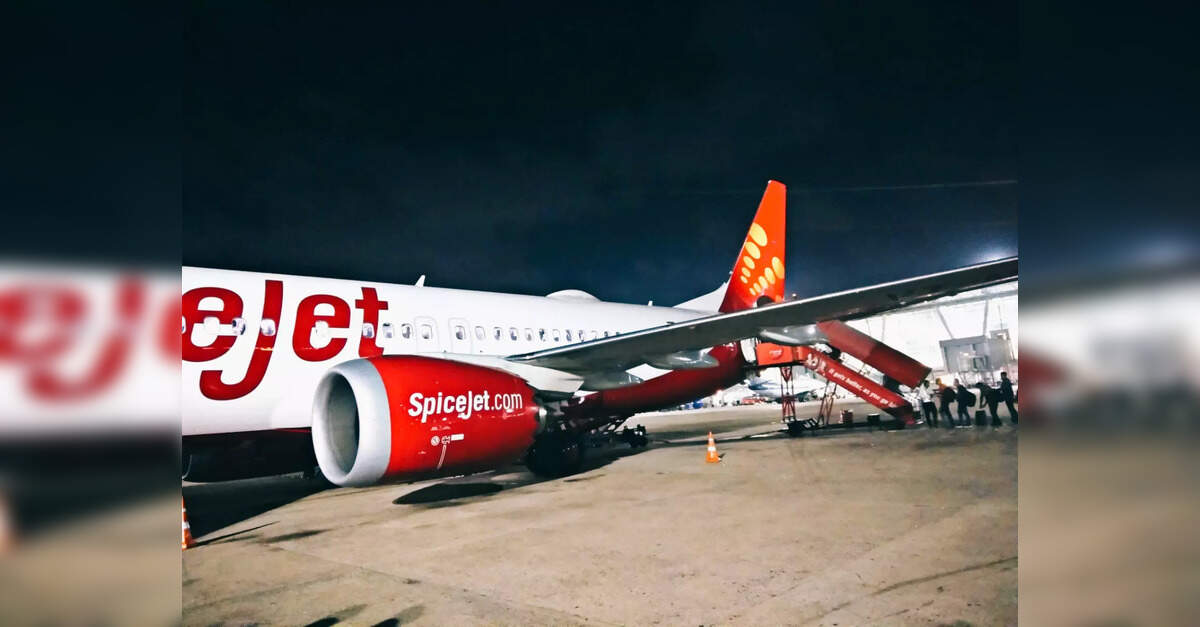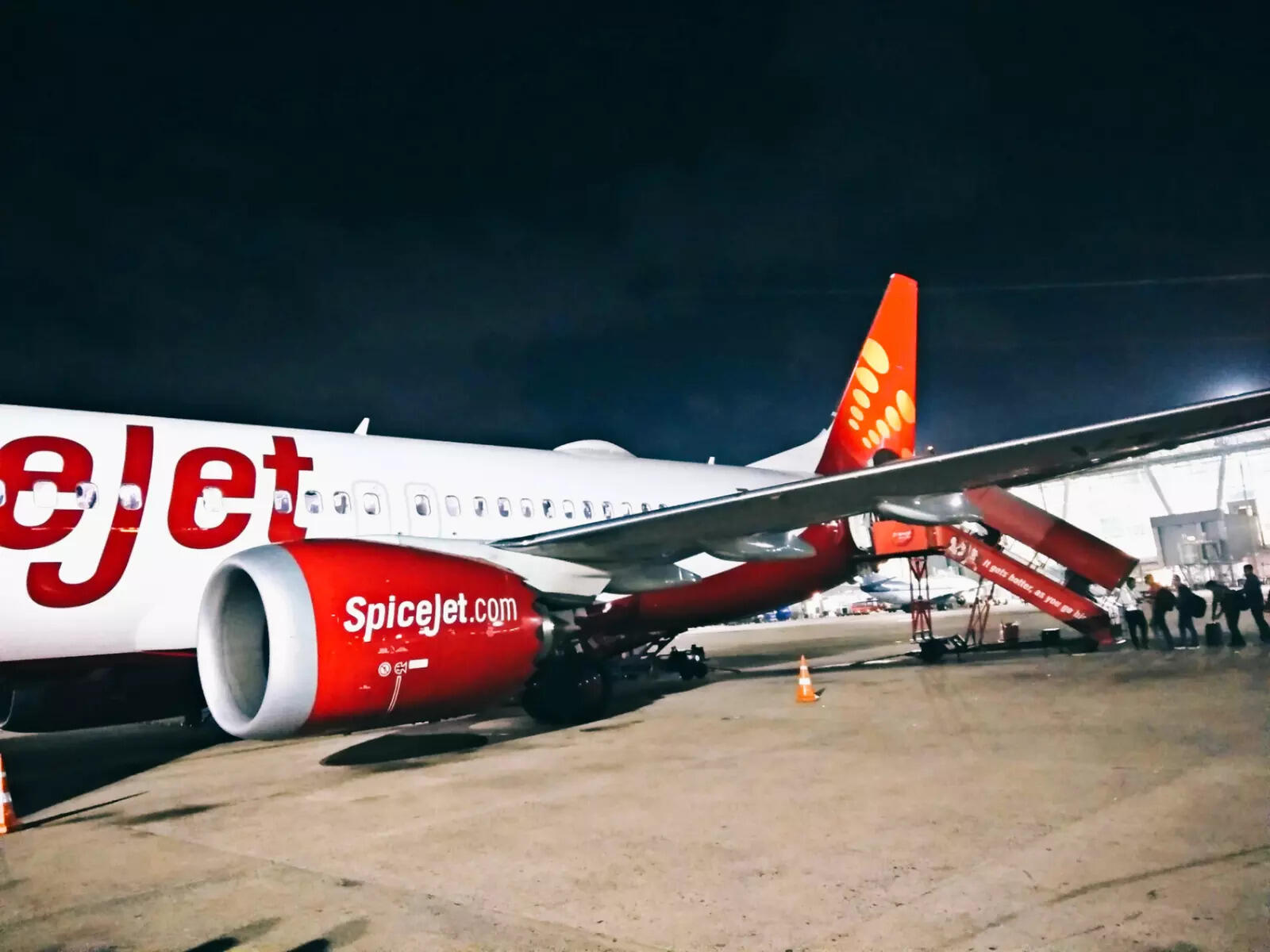SpiceJet today announced its financial results for the quarter ended September 30, 2025 (Q2 FY26), reporting a consolidated net loss of INR 447.7 crore (ex-forex) as compared to INR 424.26 crore in Q2 FY25. The airline attributed the results to the impact of recalibrating dollar-based obligations, carrying costs of grounded aircraft, and additional restoration-to-service (RTS) expenses during the quarter.
Despite historically weak demand during the monsoon period, the airline maintained a healthy Passenger Load Factor (PLF) of 84.3%, reflecting strong customer demand. Passenger Revenue per Available Seat Kilometre (RASK) improved to INR 4.04 from INR 3.91 in Q2 FY25, while EBITDAR (ex-forex) stood at INR (203.8) crore versus INR (58.87) crore in the previous year.
During the quarter, SpiceJet implemented one of its most ambitious fleet ramp-up programmes, finalising damp lease agreements for 19 aircraft and returning two grounded aircraft to service. The airline also announced plans to more than double its operational fleet and triple its Available Seat Kilometres (ASKM) under the winter 2025 schedule. It became the only Indian airline to launch non-stop flights to Najaf, Iraq, and expanded its daily operations to 250 flights—more than twice the summer schedule.
SpiceJet also strengthened its balance sheet through major financial restructuring milestones. It secured a liquidity boost of $89.5 million via a settlement with Carlyle Aviation Partners, unlocking $79.6 million in cash maintenance reserves and $9.9 million in credits. The airline also completed full repayment of $24 million to Credit Suisse, improving financial flexibility and supporting its turnaround plan.
The airline received consecutive credit rating upgrades from Acuité (BB Stable) and CRISIL (A4+), reflecting confidence in its capital-raising ability and recovery strategy. Operationally, SpiceJet achieved zero Level 1 findings in DGCA safety audits over the past year and signed an interline agreement with Gulf Air to expand global connectivity.
Ajay Singh, Chairman and Managing Director, SpiceJet, said, “The September quarter was a period of consolidation and groundwork for our next phase of growth. While the results reflect short-term costs related to fleet revival and expansion, these are strategic investments that will yield results from the current quarter onward. With aircraft additions and an expanding network, SpiceJet is on a clear trajectory towards stronger operational and financial performance in the second half of the year.”
He added, “Our load factor of over 84% underscores strong demand. With the winter schedule now live and high-yield routes in play, Q3 marks the start of a new chapter of scale, strength, and profitability for SpiceJet. We are also pleased to welcome Sanjay Kumar as Executive Director—his leadership will drive our next phase of transformation.”



